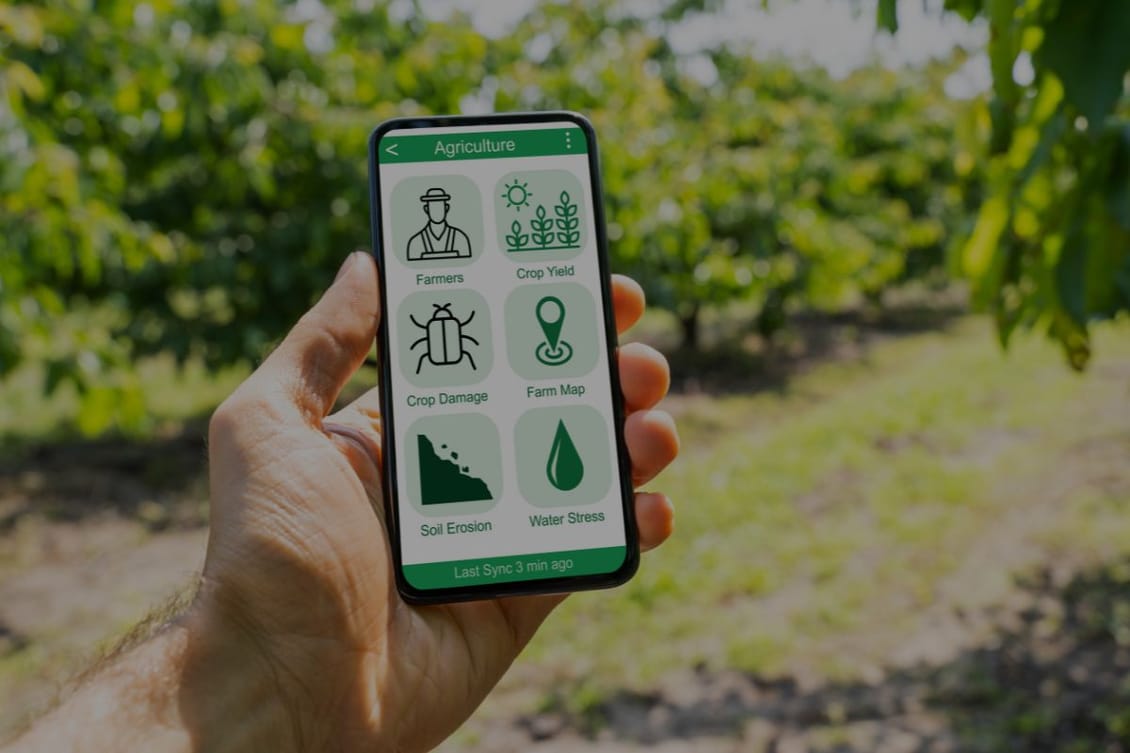
With AgriTech developing at a rapid pace and farmers increasingly involved in achieving climate targets, the agriculture industry is going through a period of transformation.
If you asked us why the industry is transforming, the short answer is:
Because it has to.
The industry is going through a shift in its tech use right now – characterised by the integration of key and emerging technologies into food production and supply chains.
Those technologies include:
As governments around the world recognise the impact of agriculture on national and global climate ambitions, there’s a growing emphasis on sustainable and regenerative agriculture.
Excitingly, it’s driving fresh creativity in the industry – with innovators working to solve climate challenges and develop techniques (often using advanced technologies) to reduce waste, improve efficiency, and stabilise emissions and food security at the same time.
Smart farming and precision agriculture are key to sustainability improvements in agriculture – and they’re being adopted more widely.
The use of tech can optimise crop production, enable data-informed decision-making across all food production processes, and transform agriculture into a far less wasteful (and far more efficient) industry. It’s also giving farmers and food producers greater insight into climate conditions that influence crop growth, and helping them mitigate environmental conditions to create more stable growing environments.
The full potential of precision agriculture is yet to be seen – but as it becomes more widely accepted and widely adopted, it could give farmers more control over their livelihoods.
While individual farmers are adopting more sustainability practices, the agriculture industry as a whole is putting climate adaptation and resilience at the top of its priorities list.
Extreme weather events and unpredictable seasonal changes, along with temperature warming in regions around the world, means that crop production is unstable – and growers face an uncertain economic future.
Developing resilience practices that enable growers (and the industry as a whole) to adapt to climate change is essential to protect farmers, food business, and – most importantly – food security around the world.
All of these trends are tied to each other. And this one is no exception. A focus on alternatives to traditional products (for example, plant-based milks as alternatives to dairy milks) is driven by consumer demand.
But it’s also connected to sustainability and climate adaptation.
And more diverse consumer preferences could be a key to food security in the future – because the pressure on the agriculture industry to produce large volumes of a small number of products could be eased if consumers seek a wider variety of options to add to their diets.
There’s no doubt that the industry is looking forwards – attempting to solve the problems we’re facing right now in order to stabilise agriculture into the future. These trends are necessities in a challenging F&B landscape, and they’ll enable the industry to feed the world as the conditions for food production continue to change.
Take your seat at the InFlavour table, a government-backed and world-leading B2B food event by Tahaluf.
E-mail address SubmitWant to keep up to date with all our latest news and information? Enter your name below to be added to our mailing list.
E-mail address Submit